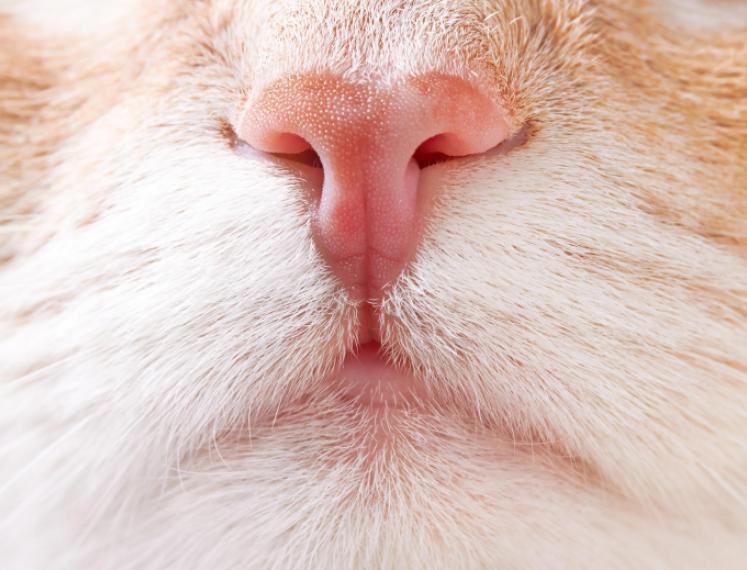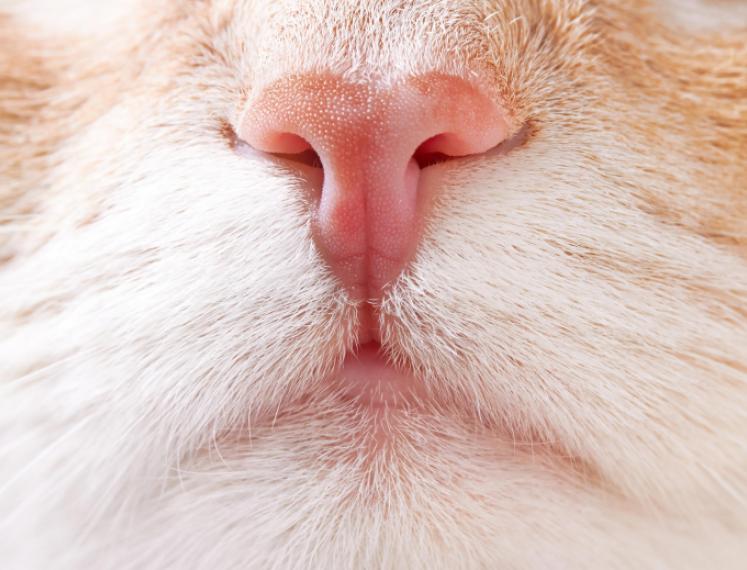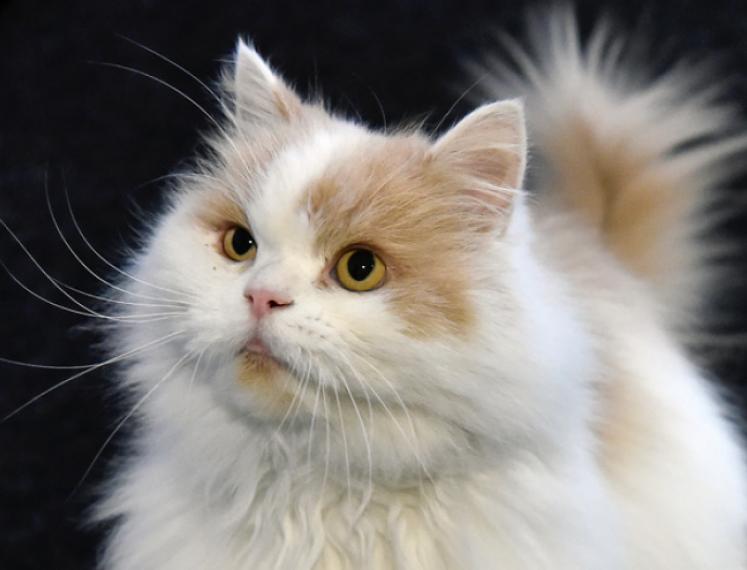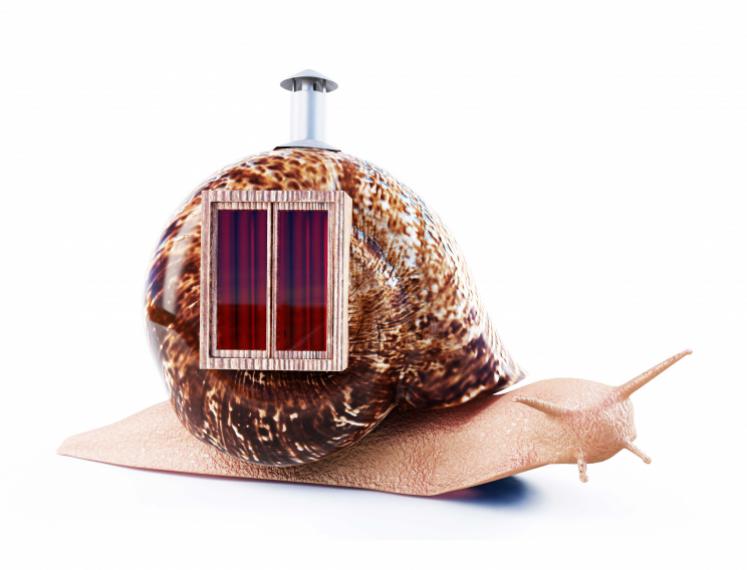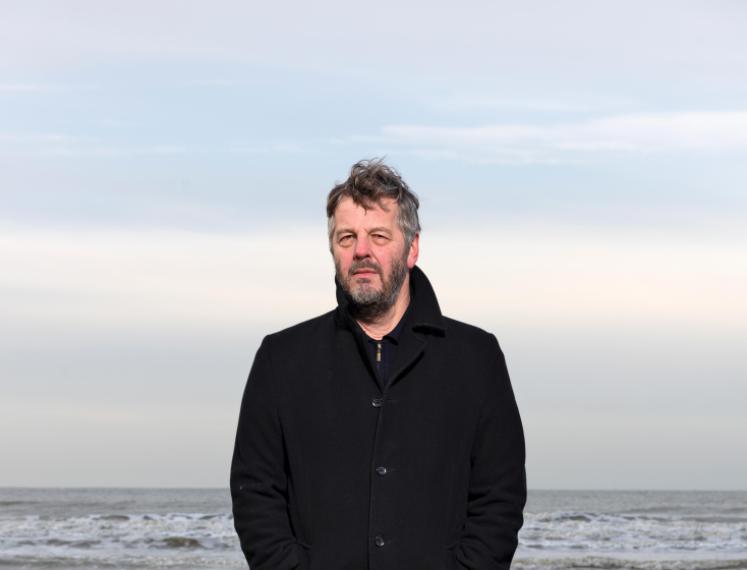tba
Groningen
Netherlands
Master of Animals?
The Master of Animals is a common icon in Antiquity. Human dominance over animals is a recurring theme in early texts: think of Gilgamesh, the earliest epic we know, or the Bible. These images still resonate with us and influence our interactions with animals. But archaeological bones have a more nuanced story to tell. Zooarchaeologist Canan Çakırlar will explain how bioarchaeology, especially zooarchaeology, the study of animal remains from archaeological sites, produces compelling evidence to rethink our interactions with animals and our many assumptions about them. Using ancient DNA, advanced imaging techniques, and geochemical analysis, she re-examines how animals changed in the face of the expanding human niche. Asking questions like ‘How did wild boars become pigs?’ and ‘Did Phoenicians overhunt sea turtles?’, she will identify evidence for the shifting baselines of human-animal interactions through the last 10,000 years.
Canan Çakırlar is a lecturer in zooarchaeology at the University of Groningen’s Institute of Archaeology. She leads diverse research and training programs that explore the evolution of direct and indirect human impact on animal populations, domestication, and the relationship between early states and animals using bimolecular techniques and interdisciplinary approaches. She also teaches courses on the archaeology of animals and the Anthropocene, and excavates in the Middle East.
Unfortunately, we have to cancel this lecture. If you already ordered a ticket, we'll notify you by email.
